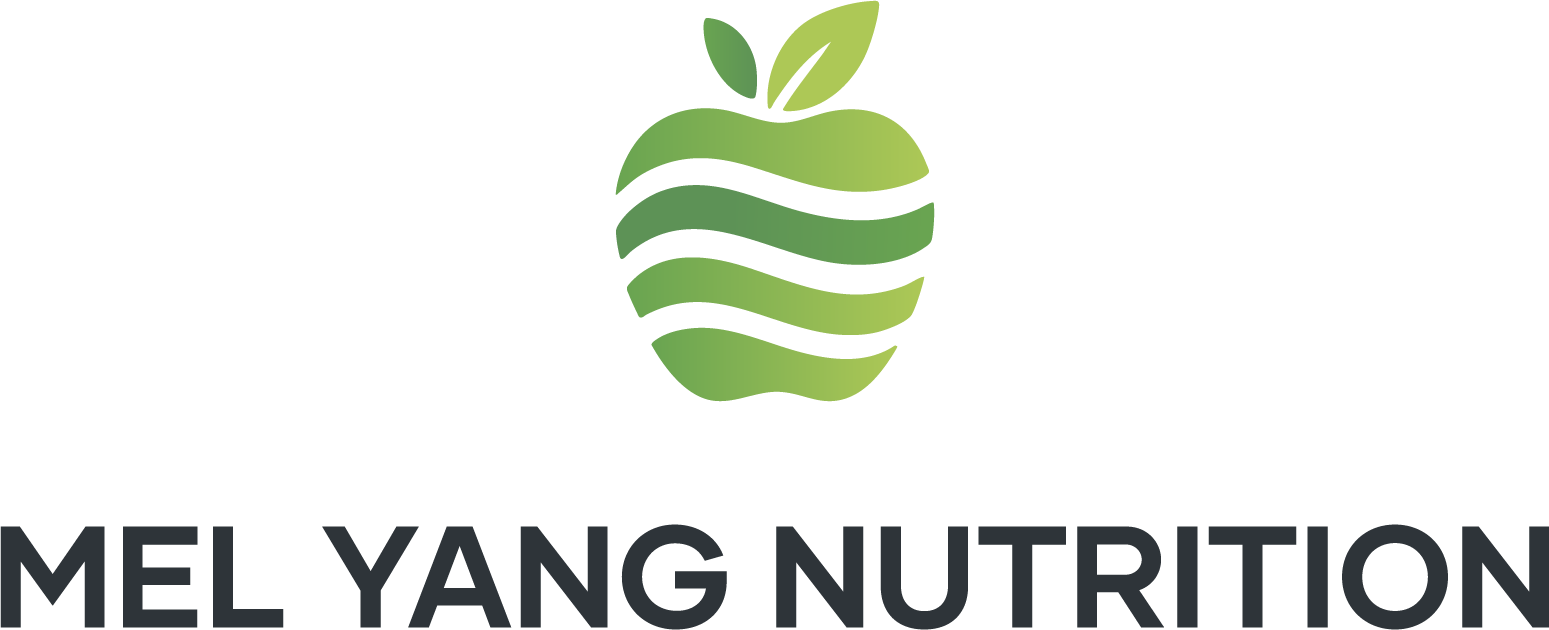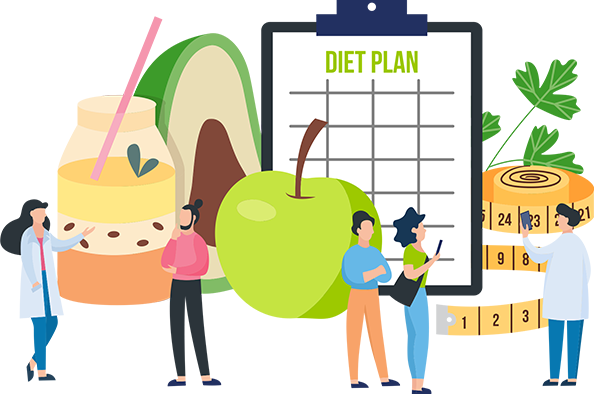Why Accredited Dietitian?
Accredited Practising Dietitians (APDs) are more than weight loss experts. APDs are university-qualified professionals that undertake ongoing training and education programs to ensure that they are your most up-to-date and credible source of nutrition information, in line with DAA Professional Standards.
APDs help treat a wide range of conditions including diabetes, heart disease, cancers, gastrointestinal diseases, food allergies, food intolerance’s, disordered eating as well as overweight and obesity.
APDs can help with everyday healthy eating by translating scientific health and nutrition information into practical advice. APDs:
- Assess individual nutritional needs
- Develop personalised eating plans
- Develop medical nutrition therapy plans
- Deliver group nutrition education sessions
- Sort out nutrition fact from fiction
- Undertake nutrition and food research
- Train health care professionals
- Develop nutrition communications, programs and policies.
Service type
Individual Nutritional Services
- GP Care Plan Referrals
- Paediatric Nutrition
- Pregnancy and Fertility Nutrition
- Gut Health
- Chronic Disease Management
- Effective Weight Management Program
- Gene test available on booking – Nutrigenomix


It is my mission and passion to help you achieve a life of vibrant health and wellbeing!
Healthy Eating
Chronic Disease Care
Cancer Care
Pregnancy Care

Special Diet Care
Gut Care
Liver Disease
Female Health Care
Infant (0-12 months)
In Australia, about 96% women initiate breastfeeding after their child was born. Breast milk is the healthiest start for infants. It provides a great protection for babies against infection, and chronic diseases in the future, such as diabetes, heart disease, obesity etc. It is recommended to exclusively breastfed for 6 months before solid foods are introduced. Dietitians provide a good nutrition guide for both of you and your kids in this vital periods:
- Meal planning during breastfeeding
- Guidance in introducing solids to babies
- Foods and nutrient that are important for babies
- Feeding related problem solving, including allergies, fussy eating, constipation, etc
Childhood (1-10 years old)
- Practical guidance in introducing different food groups
- Meal planning and recipes to help with cooking a balanced meal
- Shopping guides and label reading
- Lunchbox preparation
- Healthy snack ideas, etc.
Adolescence (11-18 years old)
- Introduced healthy eating patterns and composition of a balanced meal
- Guidance in making healthier food choice, including meals and snack foods
- Food allergies and intolerance
- Weight management
Adulthood (19-65 years old)
- Healthy and balanced meal planning
- Weight management
- Disease management
- Dealing with emotional eating and binge eating, etc

Appointments

Preparation












